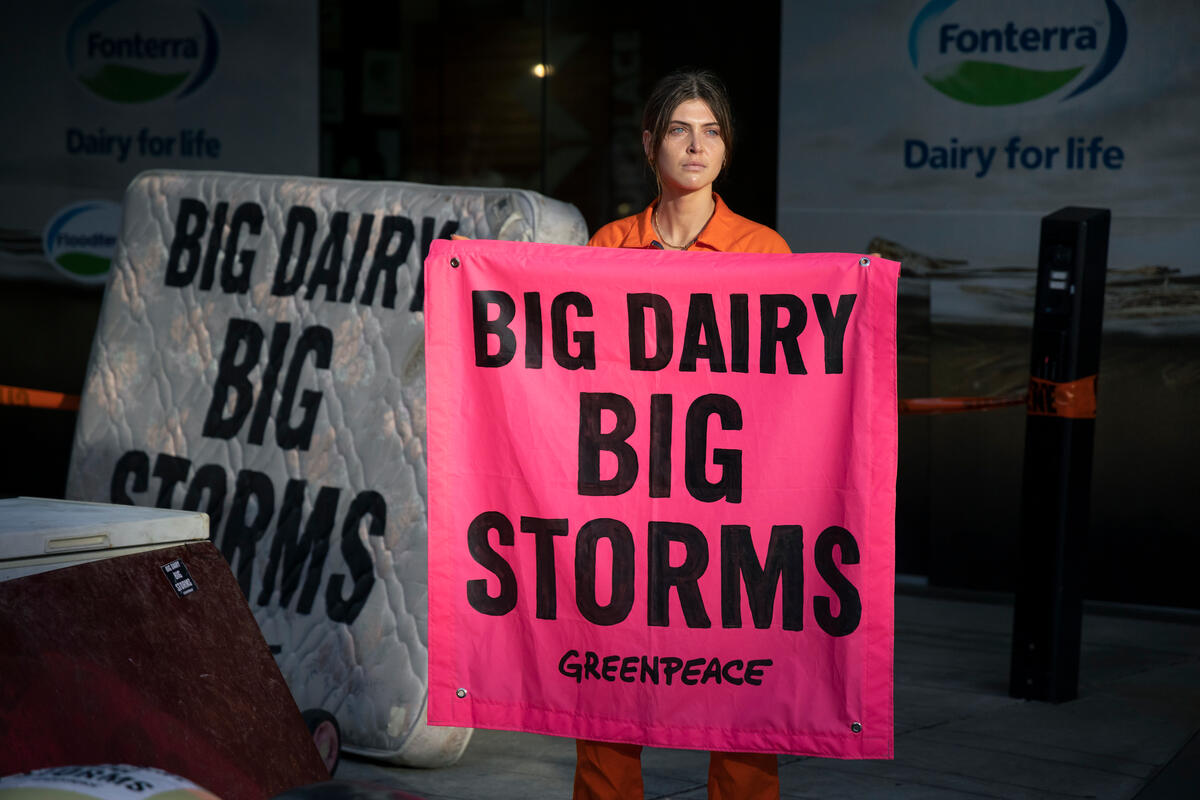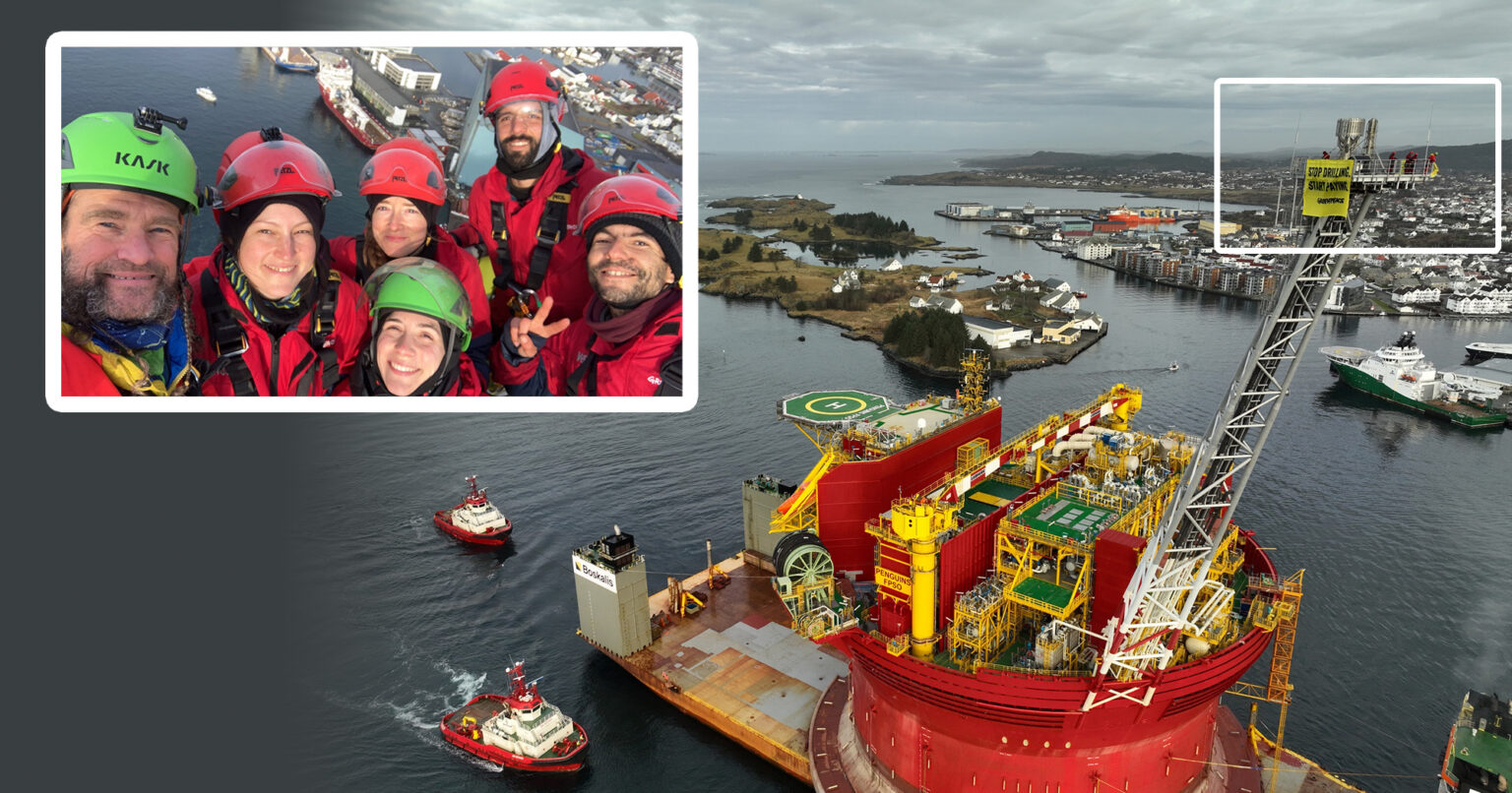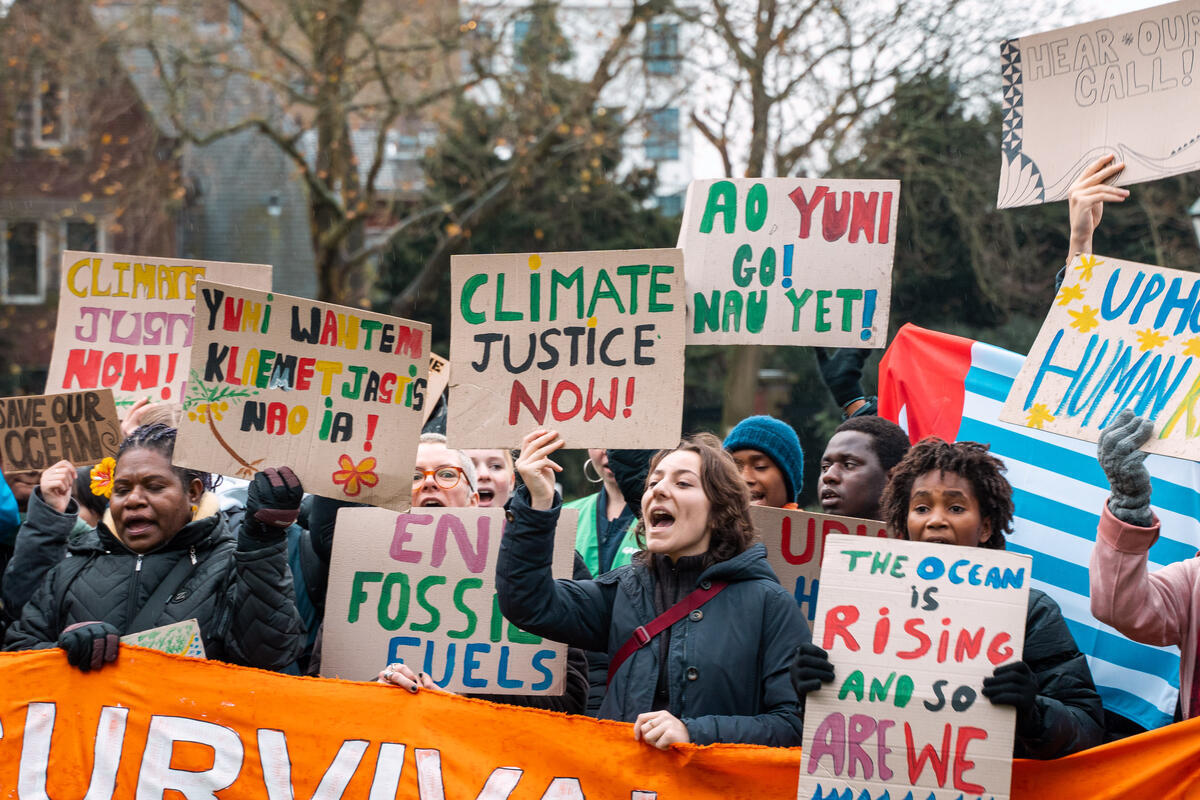As we face the threat of more oil and gas exploration by the Luxon Government and the risk of oil spills that comes with that, I can’t help thinking back to the time when a ship called the Rena hit the Astrolabe Reef in the Bay of Plenty and spilt 350 tonnes of oil into the sea.
Greenpeace sent a team of volunteers down to work with local iwi, Nga Hapū o te Moutere o Matakana, to clean oil off their beaches following the spill. During that time, they found a little blue penguin dead / kororā and covered in oil on Matakana Island.
That kororā was one of many – an estimated 20,000 birds were killed by the oil spill – but it and a came to symbolise the desperate plight that all faced as the oil washed ashore and through their habitat.
In a work of art called ‘oil on canvas’, a series of oil prints were made with imprints of the penguin’s body dipped in the oil that killed it.
It was a poignant illustration of the harm that an oil spill can do and a stark reminder of how much worse it could be if oil and gas exploration was to be allowed here.
The Rena disaster shocked New Zealanders as we saw oil washing onto the beaches, marine life dead and dying, and birds struggling to survive the thick coating of oil on their feathers. Many died.
As bad as it was, however, the Rena oil spill was relatively small compared to what we could see if oil exploration in the rough and wild waters of Aotearoa would go ahead as the coalition Government is threatening.
In 2010, the Deepwater Horizon accident leaked 627,000 tonnes of oil into the Gulf of Mexico. Engineers spent months struggling to fix a problem 1.5 kilometres below the sea’s surface. It was so difficult, in large part because it was so deep.
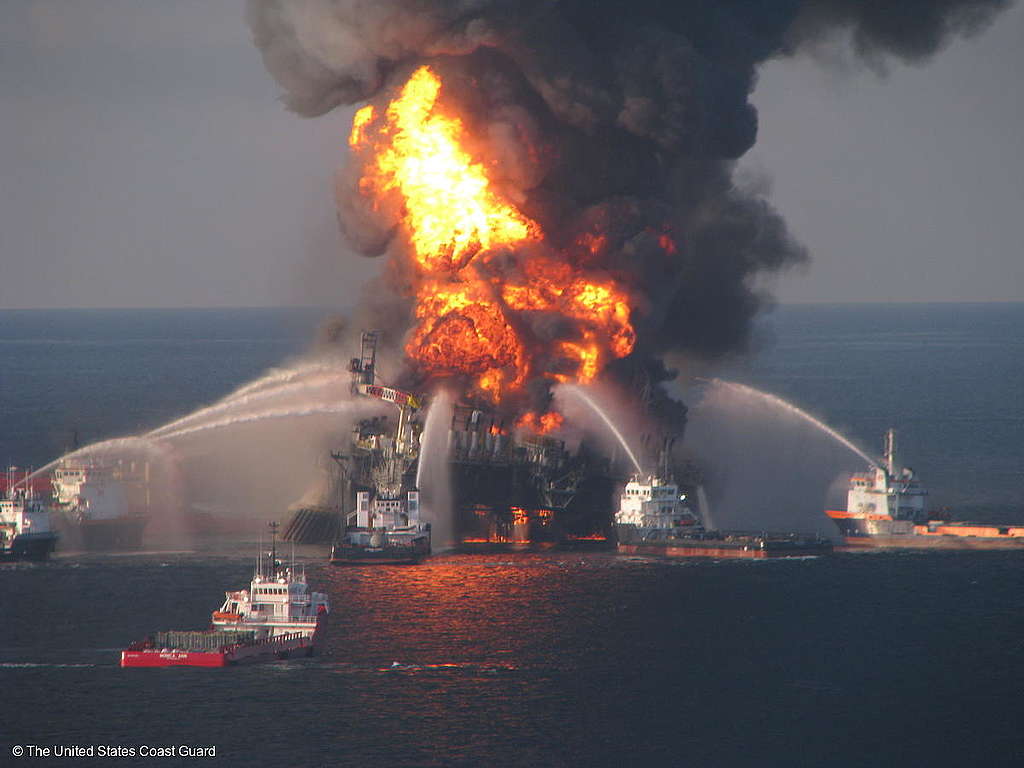
Here in Aotearoa, before the 2018 ban that we won on new oil exploration permits, oil companies were seeking to drill in waters twice that depth in areas of the ocean that are far more remote and wild than the waters of the Gulf of Mexico.
Climate change is largely driven by burning fossil fuels like coal, oil and gas, and the science clearly shows now that burning these dirty fuels has to stop, but the threat of oil spills should give us even more reason to resist new oil and gas exploration here in Aotearoa.
For nearly ten years, with iwi, hapū and a legion of people and other groups, we fought them off one by one under the previous National Government, and I don’t think they’ll risk a return.
In view of their insane new idea to open the door to a fossil gas import terminal, it also seems that despite their bluster, the Luxon Government doubts there’s any chance of enticing the industry back.
That is the fight we must focus on now. We are at an energy crossroads where we can choose a clean energy future with less pollution, cheaper electricity prices, and safer, healthier towns and cities designed for people. A future where our communities, businesses and transport are powered by solar and wind generation instead of dangerous and dirty fossil fuels.
A recent MBIE report shows that New Zealand doesn’t need more gas. It’s a lie that the fossil fuel industry has convinced this Government to repeat and we must resist it with everything we have, whether it’s new exploration or an import terminal.
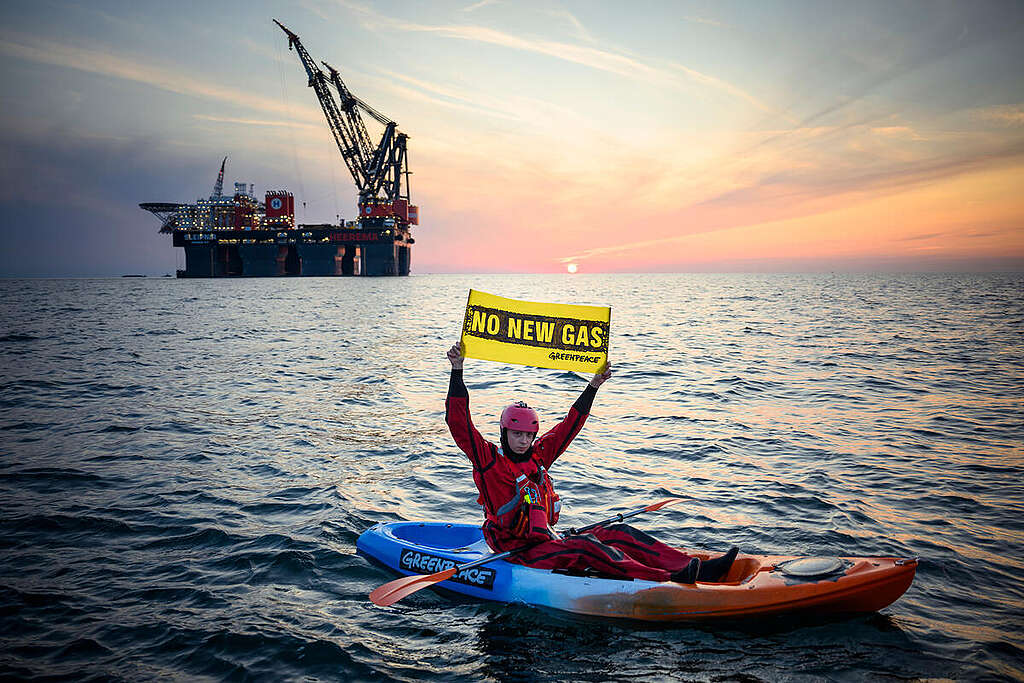
We call on the Govt to embrace New Zealand’s Clean Energy Future, invest in solar and wind, and reject new fossil fuel electricity generation and a new fossil gas import facility.
Add my name
